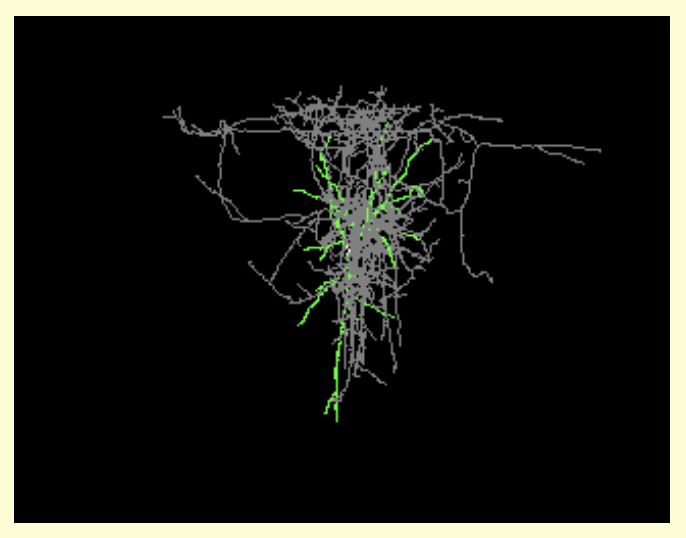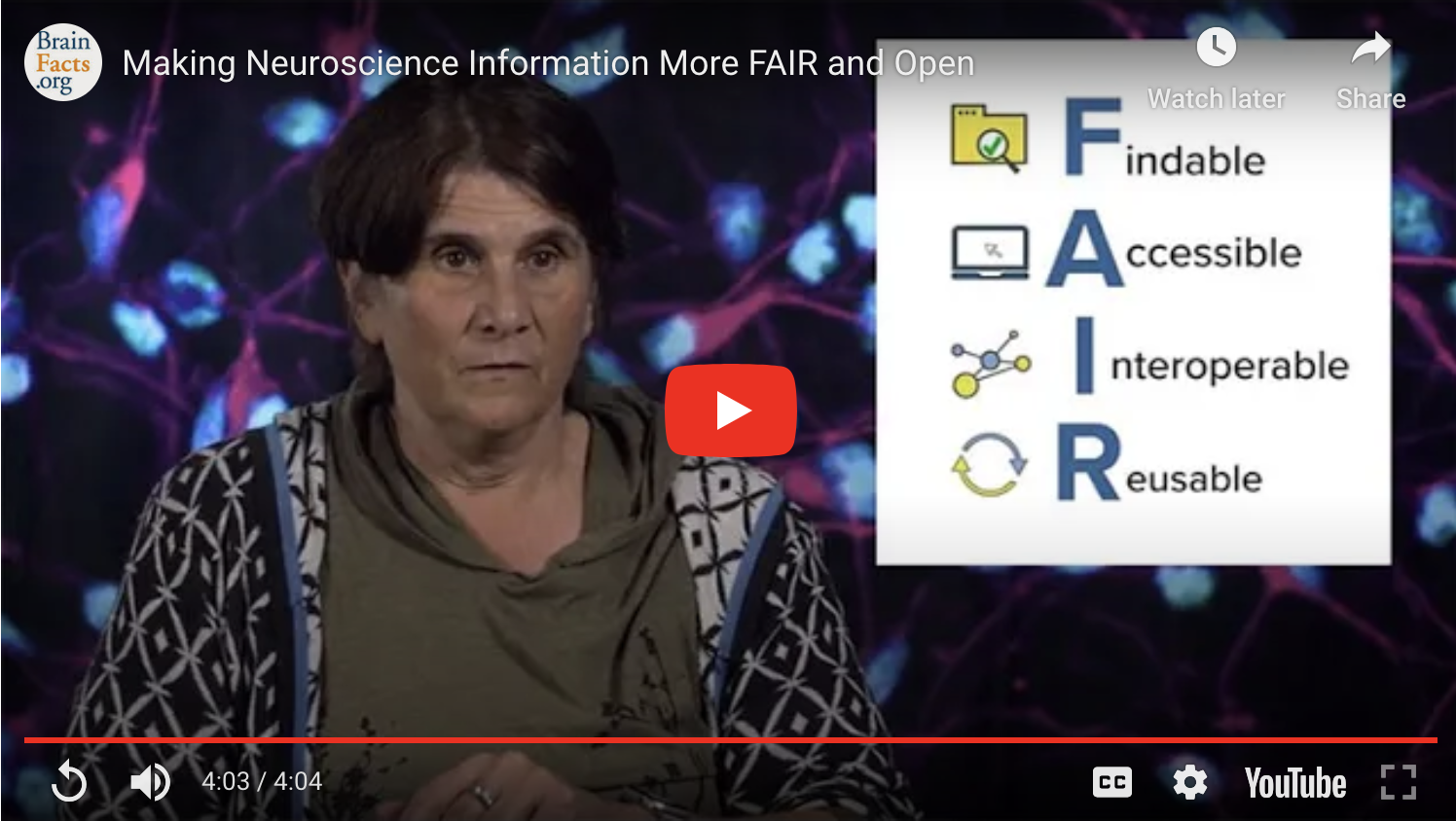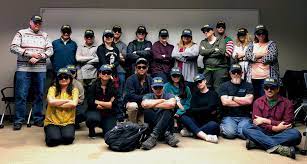Proper Citation: British Neuroscience Association (RRID:SCR_007402)
Description: The British Neuroscience Association, formerly known as The Brain Research Association, was officially relaunched in 1997, continuing many of the traditions of the BRA but with a professional and revamped style. Membership has increased dramatically since this time, now standing at 2000, and the BNA has increasingly taken a leading role in major events, such as hosting the Second Forum of European Neuroscience in Brighton in June, 2000. The BNA is the largest body representing all aspects of neuroscience from ion channels to whole animal behaviour. The Aims and Objectives of the Association are as follows: 1. To promote on a multidisciplinary basis the study of the development structure and function of the nervous system in health and disease. 2. To promote the dissemination of information to all those interested in the neurosciences and related disciplines by means of lectures, discussions, meetings and reports from time to time obtained from such researchers. 3. To advise as far as possible on issues in neurosciences related to health and disease. 4. To endeavour to increase public awareness and understanding of neuroscience research in health and disease. 5. To assist in the training of neuroscientists and other professionals engaged in neuroscience teaching and research. The BNA achieves these aims as follows: 1. By hosting a national meeting biennially, by publishing the proceedings of that meeting and distributing them to the scientific community. 2. By organising a number of focussed ''One Day symposia'' during the year, contributing to training courses for young neuroscientists and organising public lectures and events . 3. By regularly distributing information by the BNA Newsletter or by the BNA News E-mail Alert facility that can inform members about other relevant events, publications and topical issues. 4. By encouraging attendance at its own national meeting and those to which it is affiliated by awarding bursaries to students and young postdoctoral workers, and facilitating participation in the Society for Neuroscience annual meeting by offering sponsored abstract forms. 5. By awarding graduate and undergraduate prizes, and special awards to senior neuroscientists and to lay people who have contributed significantly through their own charitable work to the success of our discipline. 6. By constantly negotiating special discount prices of relevant books and journals, and by offering free online access to the European Journal of Neuroscience.The BNA is the fastest growing learned society, now boasting more than 2000 members, a rise of more than 40% since its relaunch as the BNA in 1997 from the former Brain Research Association. In addition to discounted journals and books and other occasional ''special offers'', the benefits of membership now include the following: 1. Reduced registration fees (up to 50%) to the National Meeting, and FREE admission to many events throughout the year including ''One Day Symposia'' and The Christmas Symposium. 2. Regular mailing of BNA Bulletin and other relevant items. 3. Regular BNA and FENs Email Alert service. 4. Student prizes, and bursaries for attendance at BNA, FENS and IBRO meetings. 5. Free on-line access to European Journal of Neuroscience. 6. Concessionary (SFN membership rate) registration fees and sponsored abstract forms for Society for Neuroscience annual meeting. 7. Free advertising in the BNA Bulletin and on the BNA Website. 8. Free (automatic) membership of the Federation of European Neuroscience Societies (FENS), the International Brain Research Organisation (IBRO) and the Biosciences Federation (BSF). educational resource; jobs.
Synonyms: BNA
Resource Type: institution
Expand AllWe found {{ ctrl2.mentions.total_count }} mentions in open access literature.
We have not found any literature mentions for this resource.
We are searching literature mentions for this resource.
Most recent articles:
{{ mention._source.dc.creators[0].familyName }} {{ mention._source.dc.creators[0].initials }}, et al. ({{ mention._source.dc.publicationYear }}) {{ mention._source.dc.title }} {{ mention._source.dc.publishers[0].name }}, {{ mention._source.dc.publishers[0].volume }}({{ mention._source.dc.publishers[0].issue }}), {{ mention._source.dc.publishers[0].pagination }}. (PMID:{{ mention._id.replace('PMID:', '') }})
A list of researchers who have used the resource and an author search tool
Find mentions based on location

{{ ctrl2.mentions.errors.location }}
A list of researchers who have used the resource and an author search tool. This is available for resources that have literature mentions.
No rating or validation information has been found for British Neuroscience Association.
No alerts have been found for British Neuroscience Association.
Source: SciCrunch Registry





